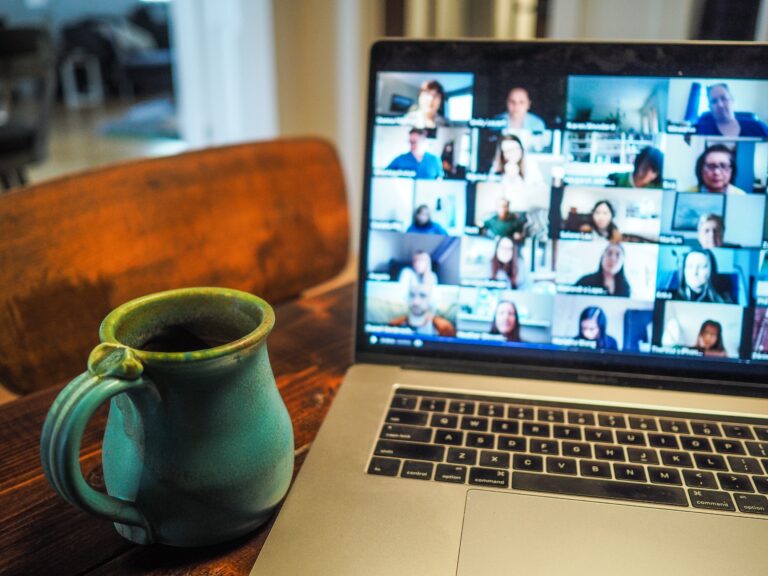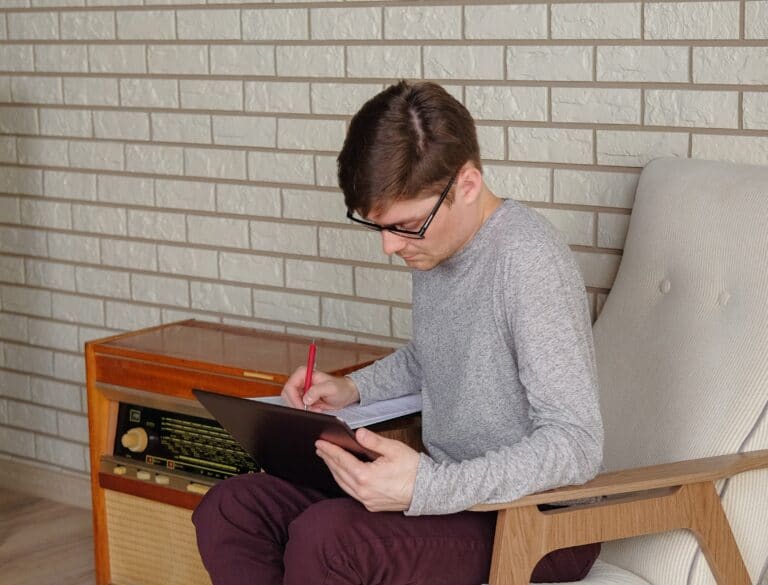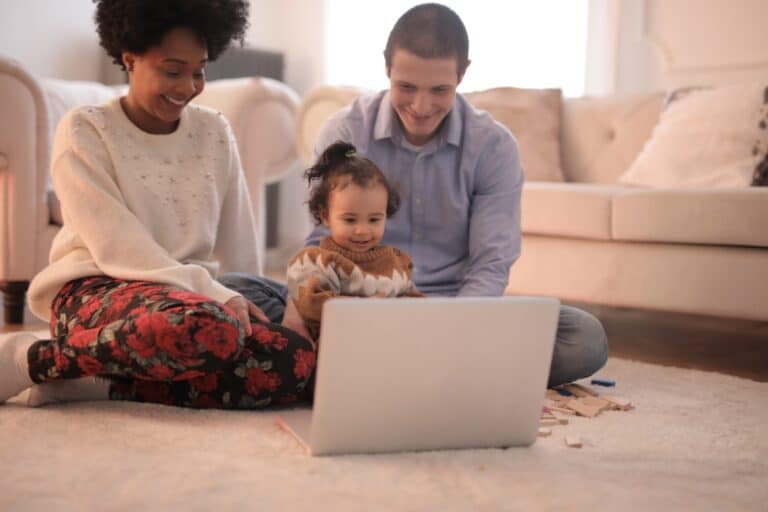Going from face-to-face to virtual was not easy
Changing from a presential mode to a virtual one was not easy. I had worked as a psychologist for many years and I was used to changes. I had seen patients in hospitals, in Mental Health institutions, working as a consultant for a firm and in my private office. But I had never worked in a virtual format.
There were issues about choosing the appropriate technology, some clients had doubts about switching, not everybody had privacy to talk. I saw clients who were in their car, or in the back yard or balcony.
How the pandemic contributed to my going virtual
For several years now I have been taking part in a supervision group with another seven psychologists. The only condition for admission to the group was to have more than 30 years of experience. There was no supervisor / supervisee relationship.
We were all equal and at every meeting we chose one of us as a moderator to simplify the flow. We discussed patients and matters of interest to us. We became a closely knit group and all of us awaited our meetings to talk, have some good munchies and participate.
At the beginning of the pandemic we decided to move to virtual mode. We then decided to double the frequency of meetings as we felt that we needed more professional contact to face the surge in work we were all experiencing.
I started to feel more comfortable with technology. I also discovered some advantages:
- being at home, both for the client and for the therapist, meant fewer transfers;
- most people feel comfortable at their home, at their favourite armchair, with a cup of tea;
- there were no transitions (travelling, parking, elevator, waiting room, office).
Those subtle changes made for a better therapy.
How a requirement turns into multiple benefits
I then started to take courses online. In particular those where I could learn to do in virtual mode what I used to do presentially (psychodrama, for instance). I also gave and receive supervision online.
A while later I started to think that virtual, for me, was better than in person.
- clients were not distracted, the focus is there all the time; both client and therapist feel comfortable;
- introverted clients might find technology more to their taste than attending in person;
- the objective of the session is clear.
Many clients feel their emotions freely in online sessions, the same as in face-to-face sessions.
Both pandemic and long-standing issues were resolved by the clients. There are some disadvantages to virtuality, but they are few, like for instance not being able to see the bodily signs of the person.
Feeling good about your teamwork
In the midst of the pandemic, I was contacted by Meetual to join their staff.
That allowed me to have
- a safe platform;
- a good working administrative team that resolved all the bureaucratic issues;
- a technological team ready to resolve technical problems;
- the board members are devoted to the enterprise and search for improvements;
- the Clinical Director is there to guide with testing questions;
- clinical meeting with the staff to deal with supervisory issues.
- All that support allows me to see clients, conduct clinical supervision on doctoral students, consult with colleagues online.
The pandemic has provoked many changes in our lives. Mental health workers have seen their workload increase in most of the world. There will still be changes to come. I am glad I embraced virtuality and I feel great working with a team.








